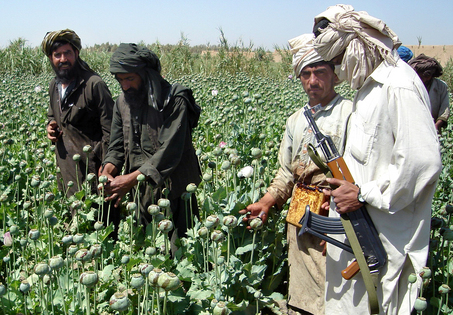Jonathan Safran Foer Illuminates The Meat Industry

“If nothing matters, there’s nothing to save.” It’s the thesis of novelist and writer Jonathan Safran Foer’s new book, Eating Animals (Little, Brown), and a maxim his grandmother once told him. It was how she explained to her grandson why, when she was starving almost literally to death during the Holocaust, she refused to eat pork offered to her by a kind stranger. It wasn’t Kosher. She was at death’s door, scavenging, eating things she wouldn’t, years later, tell her grandson she’d eaten. If nothing matters, there’s nothing to save.
Eating Animals is not a case for vegetarianism (though Foer certainly advocates giving up meat, or at least cutting back), but an explanation of how Foer himself – a new father, a sometimes-vegetarian since childhood – decided to find out once and for all where he stood, ethically, emotionally, physically, politically, on eating animals. “Obviously, so much of being a parent is lying to your kids,” Foer half-joked at a recent reading hosted by Hunter’s MFA program in New York City. But the food Foer and his wife, novelist Nicole Krauss, put on the kitchen table as their son grew up – and how it got there – was not something Foer was willing to lie about.
To research his book, Foer spent three years traveling the country to look at how we run our massive meat industry, the largest contributor to greenhouse gas emissions by a long shot (an unbelievable 51% of greenhouse gas emissions come from the meat and dairy industries, according to Worldwatch Institute). Foer saw it all: everything from factory farms where chickens were raised in spaces no bigger than the small square of his book jacket (here Foer held up the green hard-cover edition for effect), to family farms where animals were treated with utmost reverence. “I went to farms where they treat the animals better than I treat my dog,” said Foer.
And it’s true that the ranks of consumers lining up to support healthier and more ethical meat and dairy standards are growing. Free-range and cage-free egg sales are shooting through the roof, but Foer has trouble with the weak labels and standards guiding shoppers. “Free-range means nothing,” said Foer. “I could have 10,000 chickens under this podium and sell the eggs to you and call them free range.”
It’s the gruesome images that stick with Foer. Turkeys genetically modified so that they can’t breed on their own, for example. “Is that a symbol of bounty?” Foer asked the audience rhetorically, just days after Thanksgiving. “I don’t want it in my house,” he said of factory-farmed meat. “But more than that, I don’t want to give my money to it. I don’t want to support it.”
Which is not to say that Foer is a tiresome purist or a preacher. He’s nothing of the sort. He and his family celebrated Thanksgiving this year with another family – friends whose daughter was dead-set on having turkey appear on the feast table. Foer told her to go right ahead and cook a turkey. If his son, who’s being raised veggie, one day comes home and informs his parents that he’s eaten a hot dog, Foer says he’ll ask how it tasted and leave it at that.
For now, Foer’s taking it all the way. If you can believe it, he even tried to turn his family’s dog vegetarian. In answer to an audience member’s question about the ethics of feeding animals to animals, Foer talked about the veggie-dog experiment: “It did not work. I can explain to you what I mean by that afterwards.” Foer’s settled for a presumably less diuretic, non-factory farmed brand of dog food he and Krauss discovered at Fairway Market.
XCVMC4JU9ANA





